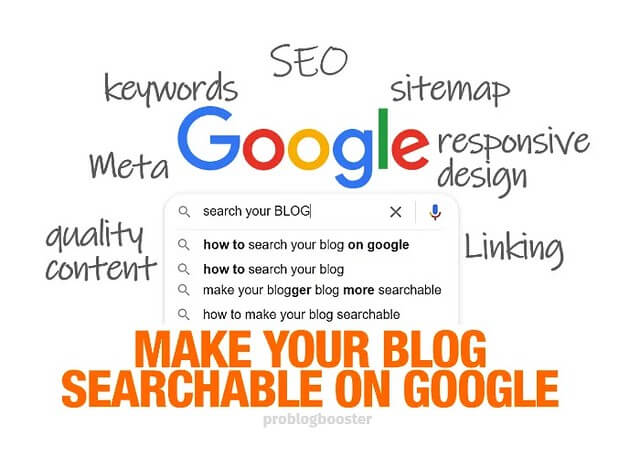In the Search On event held on October 20, 2020, Google gave a huge blow to SEO WordPress, by announcing their latest passage indexing. In the detailed session, Google announced that now they can not only index a page, but also a certain paragraph within a specific web page that reflects the search criteria and are relevant. If the keywords are matched then a certain paragraph can now be displayed in search, even if the remaining content on that website is not certain and relevant to the search argument. Paragraph indexing and page indexing are very closely linked together. In order to understand them first, we need to know how the indexing in general works.
When the google bot visits a certain webpage, it downloads HTML, CSS, and various other assets, and then it renders the page and checks it. Once the page is checked and the content is analyzed, then it assigns a page rank to that specific page. It then indexes it, so that when the right keyword is searched, it can display that very particular page to the user. We are well aware that a page can only be displayed in a search result if the page matches the search argument or is at least somewhat relevant. In short when the keywords or the phrase being searched are present on a certain page then only that page is entered in the search results. So this leaves us with an intriguing question that what new is being delivered to users in the announced passage indexing. To understand this process and its innovative nature we need to get back to the basics of indexing.

As discussed earlier that when the google bot downloads and analysis your web page, it assigns the page with a rank which is based on its relevancy to the search argument. But this rank is affected by many factors that are often ignored by web page developers. To name some of these factors we come across the page experience level, outbound links attached to your web page, the inbound links being delivered to your web page, the images present, any broken links if present, and various others as well, all these factors are considered while assigning the web page rank by the google bot. This implies that if the search argument matches a certain web page accurately, which is very less likely to happen but just for the sake of an exemplary scenario we are considering it so, even then your web page might not be displayed in search results. The reason is a lower rank which ultimately is depended on all the above-discussed factors. This means that your web page is not efficiently optimized. Now the magic of paragraph indexing nearly alters the demographics of search engines and search processes entirely.
Google will now remember the paragraphs from a certain web page, and whenever a search argument matches that certain paragraph, the google bot shall display that web page in the search results whether the remaining content in the web page is irrelevant or the web page rank is not good enough due to some other factors. The passage indexing is very precise and to the point. It is not necessary that the entire web page should meet certain search criteria or should have high ranking content or images. This gets a bit confusing but this confusion is itself created by Google, instead of regarding this as passage indexing if they would have termed it as passage ranking then the users might be more cleared about its functionality. However, overall, we presume that this is a very smart tool used by Google to maximize the availability of content relevant to a search argument. One thing to notice is that still, the entire web page would have indexed, but while deciding that ranking the weightage of the paragraph would be higher instead of the other factors. Moreover, if the correct and precise search words are entered then the google bot will ignore all the other ranking signals and directly rank that specific page in a higher-order or on a priority basis.

As a webmaster or an SEO, the change of this paragraph indexing would be phenomenal. This web page ranking change would be rolled out in every language and in every region of the world. According to the statistics issued by Google, this would affect nearly 7% of online search volume. This means that the developers would have to alter their web pages in order to get them ranked in a higher place in the search results. We shall now discuss Some of the ways that the developers can opt to get a higher ranking in this indexing scheme. First of all, the web page which is being developed around a certain keyword or a phrase, an explanation is must be given along with a paragraph that elaborated the entire process in a few lines. To make it simpler the developers should now include a summary of the entire process on the web page. Secondly, if your page is modeled around a step process, or includes content that is based on a certain algorithm, or its simply a web page that covers a topic of nature as “how to?” Web developers should also test their web pages on mobile devices such as smartphones or tablets. Carry out various responsive tests in order to notice that certain paragraph is being rendered correctly or not. As the majority of the websites are being indexed in “mobile first” mode, hence if your web page is not mobile platform compatible or is not being indexed on a mobile site then it is most likely not to be indexed on a desktop site as well.
Apart from these changes, the developers should not make any outrageous changes to their web pages. The indexing is now smart and paragraphs are to be developed smartly in order to get attention. Just avoid any irrelevant content, add summarized sections, apart from details a certain section should contain the entire process with minimum words. This is a very useful feature by Google, but the scheme might affect your web page if you don’t cater to the specifics of the indexing pattern used by Google in passage indexing.
loading...
loading...
